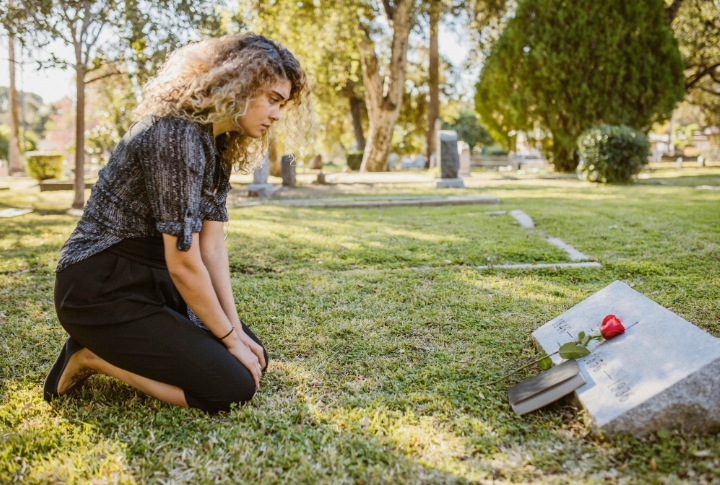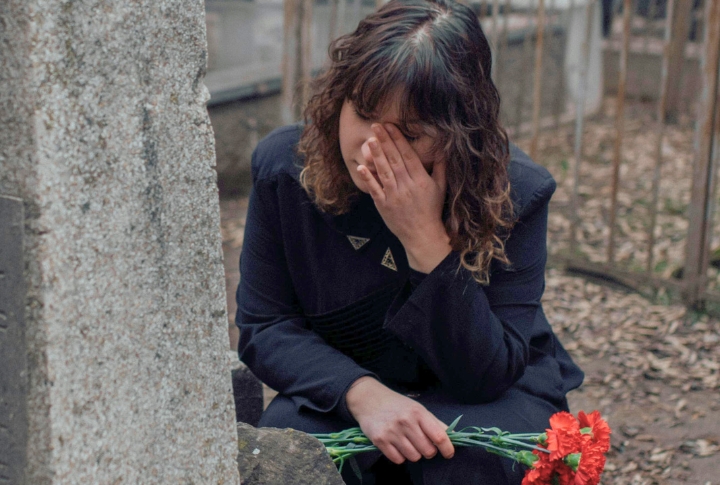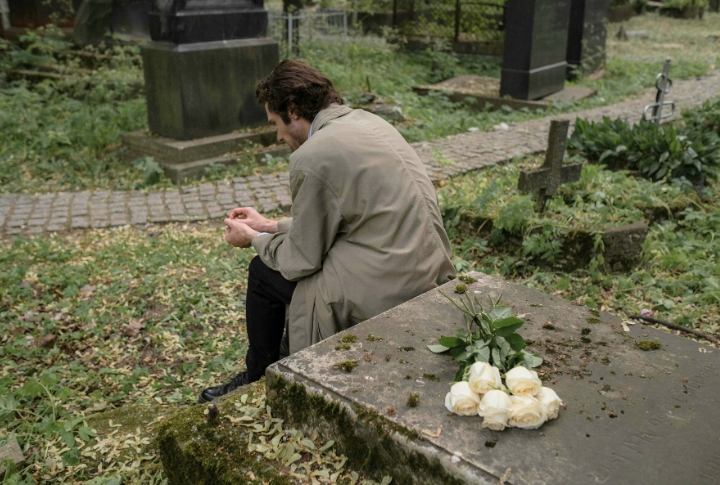
Losing a parent changes how you experience everyday life. Some things feel heavier, others feel quieter. Over time, you notice how your reactions shift, how certain moments feel different than before. It’s not always easy to explain, but the impact stays with you in ways you didn’t expect. These 10 painful truths offer a glimpse into what that shift means.
Grief Alters Brain Function

The death of a parent can reshape the way your brain processes emotions and memory. As memory, emotion, and focus become less active, it gets harder to concentrate or sleep. Over time, the amygdala (region of the brain which processes emotions) grows more sensitive, making even minor stressors feel overwhelming. Though temporary, such shifts reveal how deeply loss can reshape the brain’s emotional wiring.
Grief Doesn’t Follow A Timeline

There’s no schedule for how long mourning lasts. For some, the weight hits months later; for others, it lingers for years. Milestones or quiet moments can also trigger intense sadness. Experts call this Prolonged Grief Disorder, but it simply reflects how personal and unpredictable the emotional aftermath of loss truly is.
Parental Loss Can Affect Physical Health

Headaches, sleep issues, and stomach problems are common, triggered by stress hormones that weaken immunity. The impact of losing a parent often triggers a bodily response you didn’t expect. In these moments, simple acts like hydration, movement, and rest become restorative, gently reminding the body it’s safe even when life feels unstable.
Childhood Loss Has Lifelong Impact

Experiencing a parent’s death early in life can leave emotional imprints that last well into adulthood. It leads to anxiety, depression, or trust issues, as emotional safety gets disrupted during key developmental stages. However, with support—through therapy, creativity, or open conversation—children can still build secure relationships and grow into resilient adults.
Memory Becomes A Battleground

Memories can feel unpredictable as some replay vividly, while others blur or distort, especially if the relationship was complex. The brain’s reward center intensifies emotional recall, making it harder to separate fact from feeling. Writing things down sometimes helps untangle the noise and allows space for more balanced remembering.
You May Reevaluate Your Role In The Family

When a parent dies, family roles shift. You might feel pressure to manage finances, support siblings, or become the emotional anchor. These changes can create tension if left unspoken. This is why honest conversations about needs and limits are important to help prevent silent stress, guilt, or resentment from building over time.
Social Circles May Shrink

After difficult seasons, your social circle might shrink. Some people quietly pull away, unsure how to support you. It hurts—but you learn to value presence over proximity. Real connection now feels rooted in honesty, not obligation. And the friends who remain? They get the real you, not just the edited version.
You May Develop New Fears

After a significant loss, thoughts about your own health or future can suddenly feel overwhelming. This existential anxiety reflects how fragile life suddenly feels. You might also become more sensitive to changes around you. Building safety through routines like journaling or therapy helps ground your mind when everything feels unstable.
You May Rethink Life Goals

That kind of loss can reframe your entire outlook, sometimes in ways you don’t notice right away. You may start chasing old dreams or questioning the life you’ve built. This isn’t escaping pain—it’s responding to it. Begin with one small change as it can help align your life with what now feels more meaningful.
Loss Can Trigger Spiritual Awakening Or Crisis

Some find comfort in rituals and prayer; others feel shaken, questioning long-held beliefs. This shift is standard since loss often changes how people view life and meaning. Whether you feel closer to a higher power or more uncertain, both are valid. Simple rituals can offer calm amid spiritual confusion.

